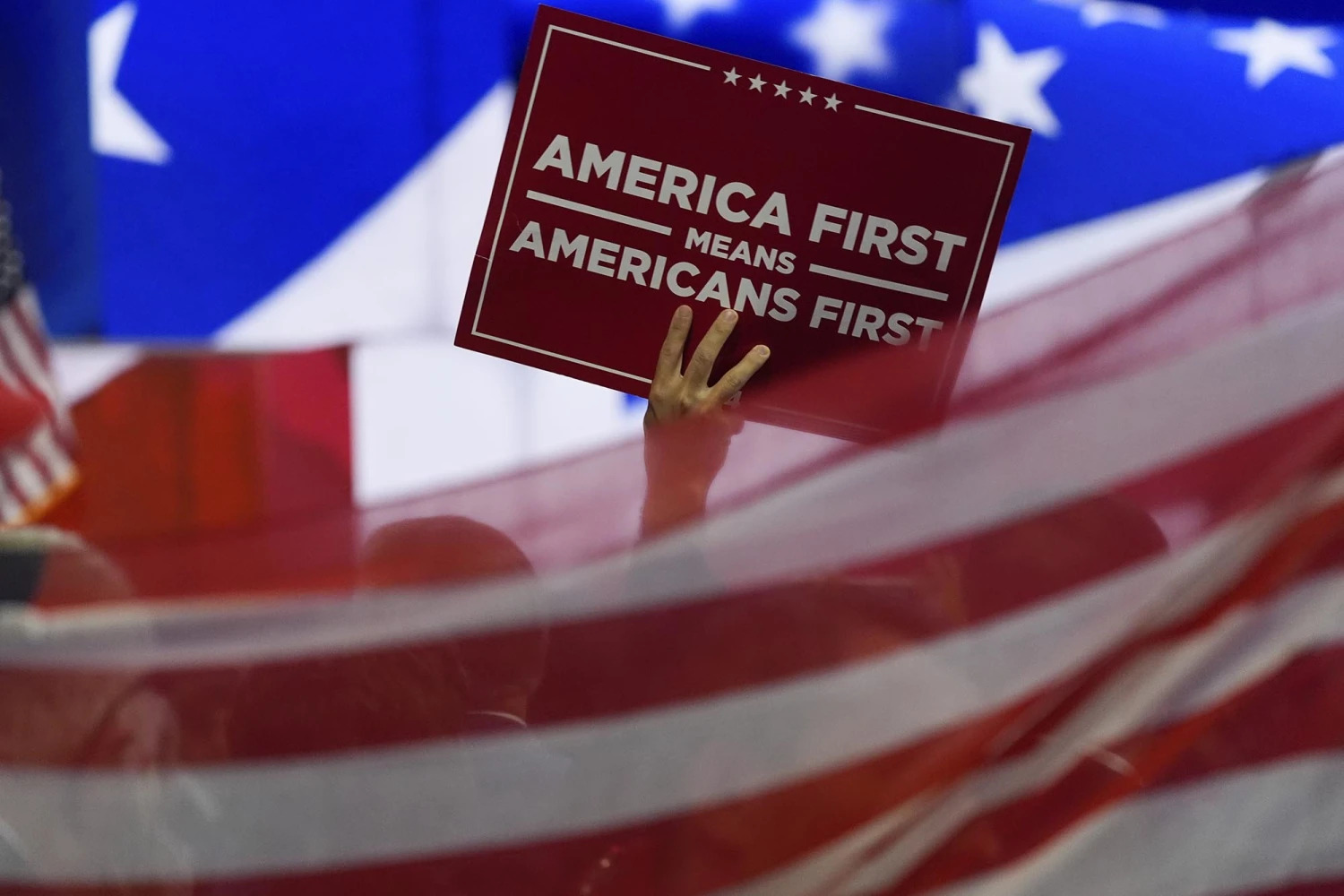
Warwick Powell, Adjunct Professor at Queensland University of Technology
Sep 26, 2025
The United States remains committed to global primacy. That’s been a longstanding ambition that cuts across party lines inside the Beltway. Its security doctrines, diplomatic rhetoric and military posture continue to project the image of an indispensable nation whose umbrella guarantees the survival of allies from Europe to Asia. Yet beneath this facade, a widening gap has emerged between Washington’s strategic ambitions and its material capabilities.
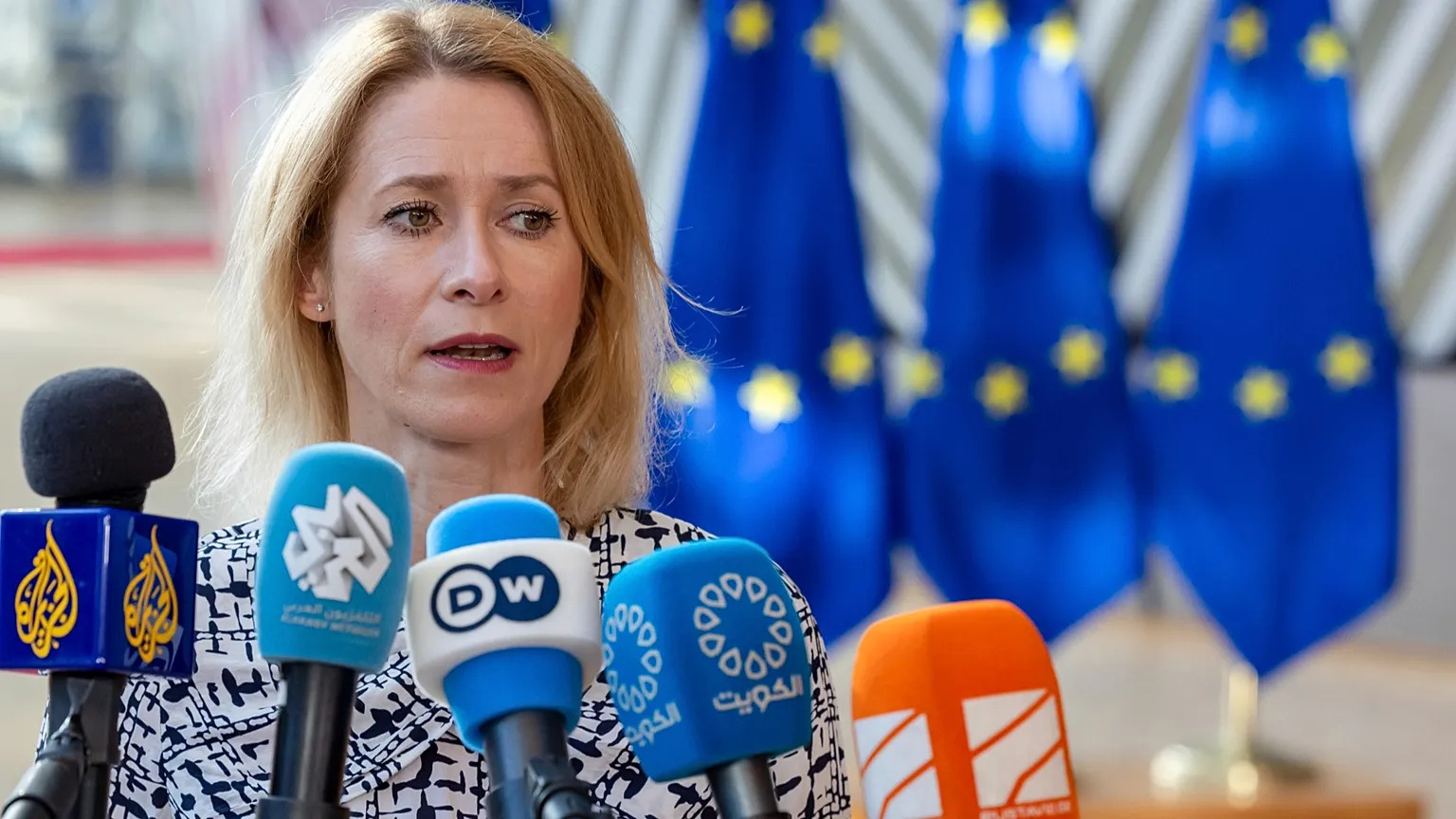
Jade Wong, Senior Fellow, Gordon & Leon Institute
Aug 26, 2025
The Alaska Summit signals a revival of major power coordination, with Europe determined not to forsake the peace dividends it has accrued over the decades. Seasoned by centuries of geopolitical maneuvering, European powers are poised to actively shape their own destinies rather than succumb to the will of others.
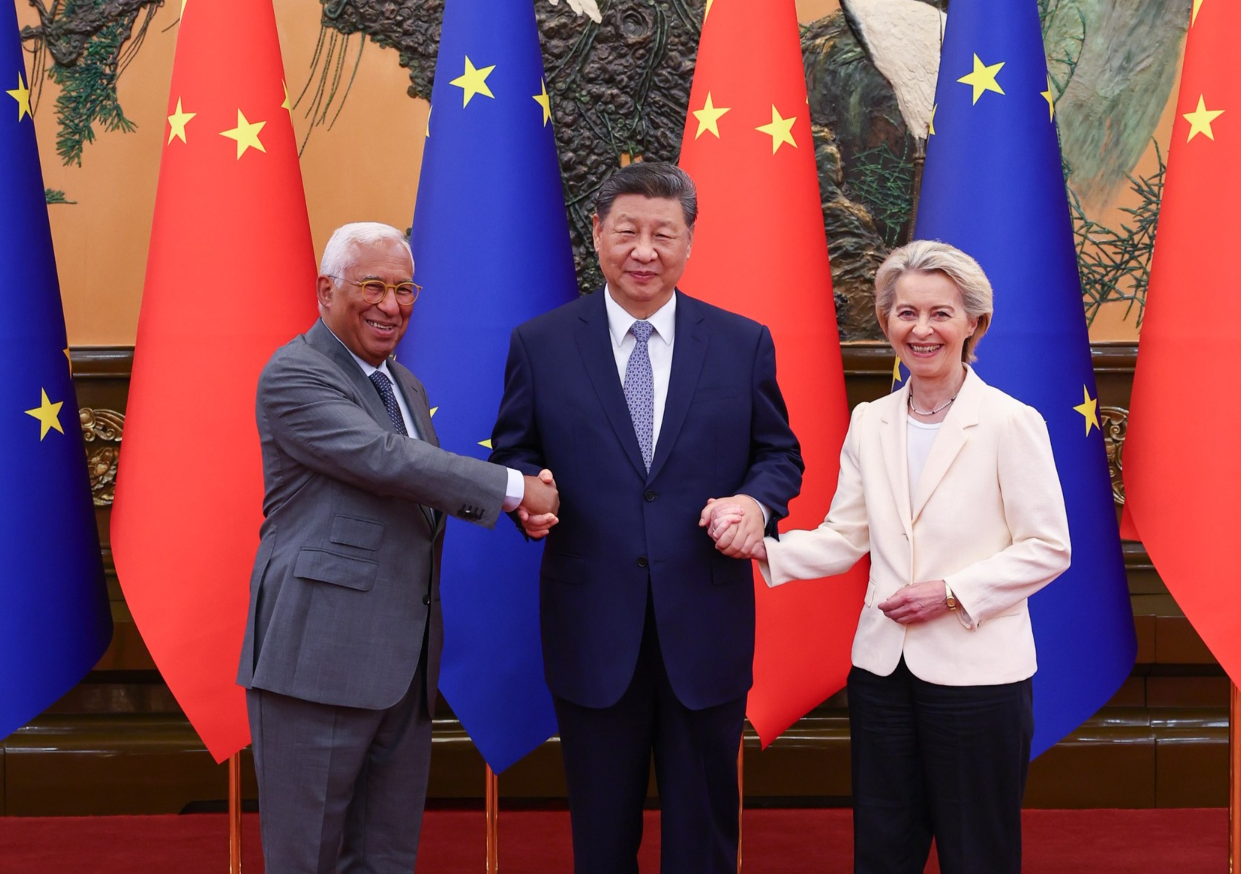
Brian Wong, Assistant Professor in Philosophy and Fellow at Centre on Contemporary China and the World, HKU and Rhodes Scholar
Aug 01, 2025
At the 25th China-EU Summit in Beijing, Chinese and European leaders acknowledged both overlapping interests and deep divergences, especially over China’s seeming alignment with Russia and the Ukraine war. While Beijing seeks improved economic ties with Europe, it continues to prioritize geopolitical security and its strategic rivalry with the U.S. over European concerns, limiting the prospects for major diplomatic improvements.
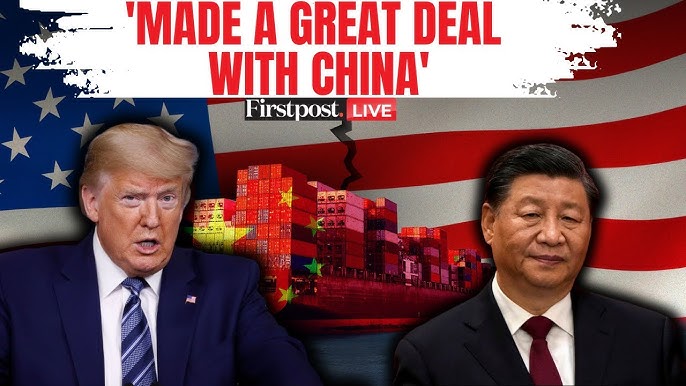
Zhang Monan, Deputy Director of Institute of American and European Studies, CCIEE
Jun 27, 2025
Court rulings could weaken the U.S. administration’s tough stance in trade talks and give trading partners more room to maneuver. But policy uncertainty means that high-stakes trade negotiations could go either way.
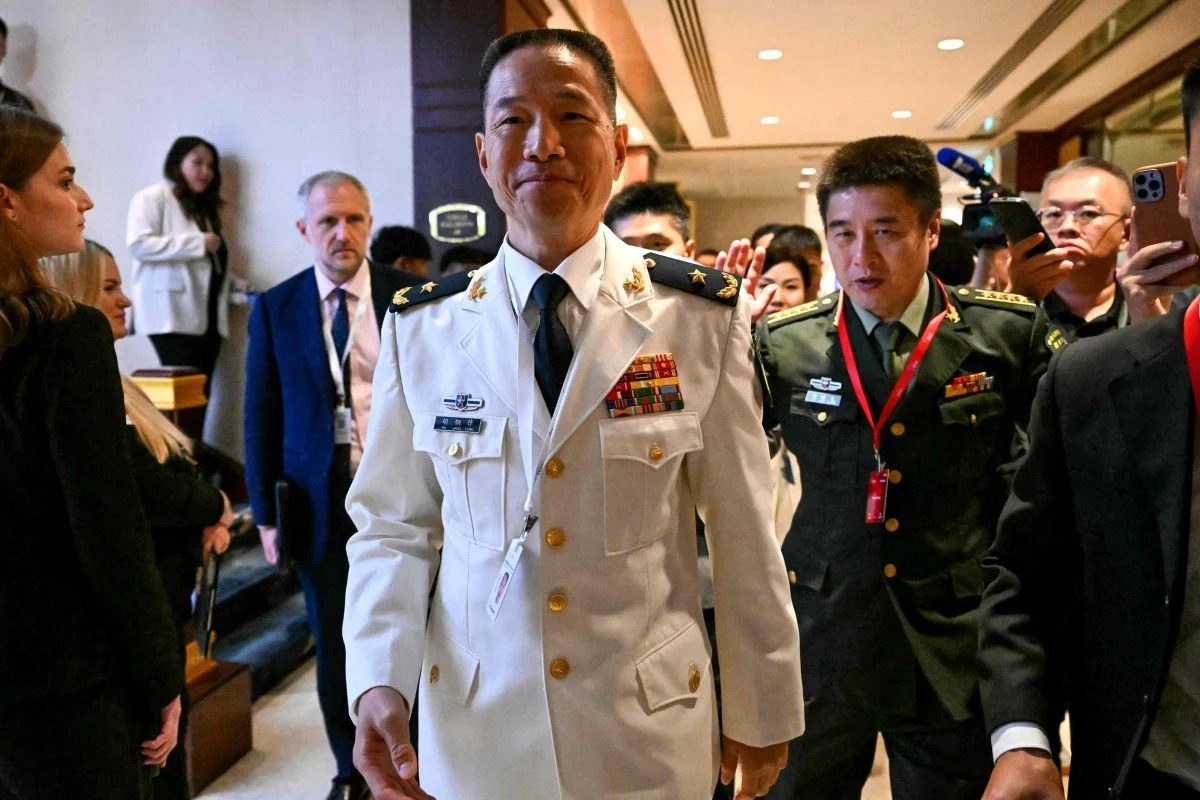
Richard Weitz, Senior Fellow, Hudson Institute
Jun 20, 2025
The U.S. national security community is publicizing its anxieties about China’s military build-up and Beijing’s security partnership with Russia, Iran, and North Korea.
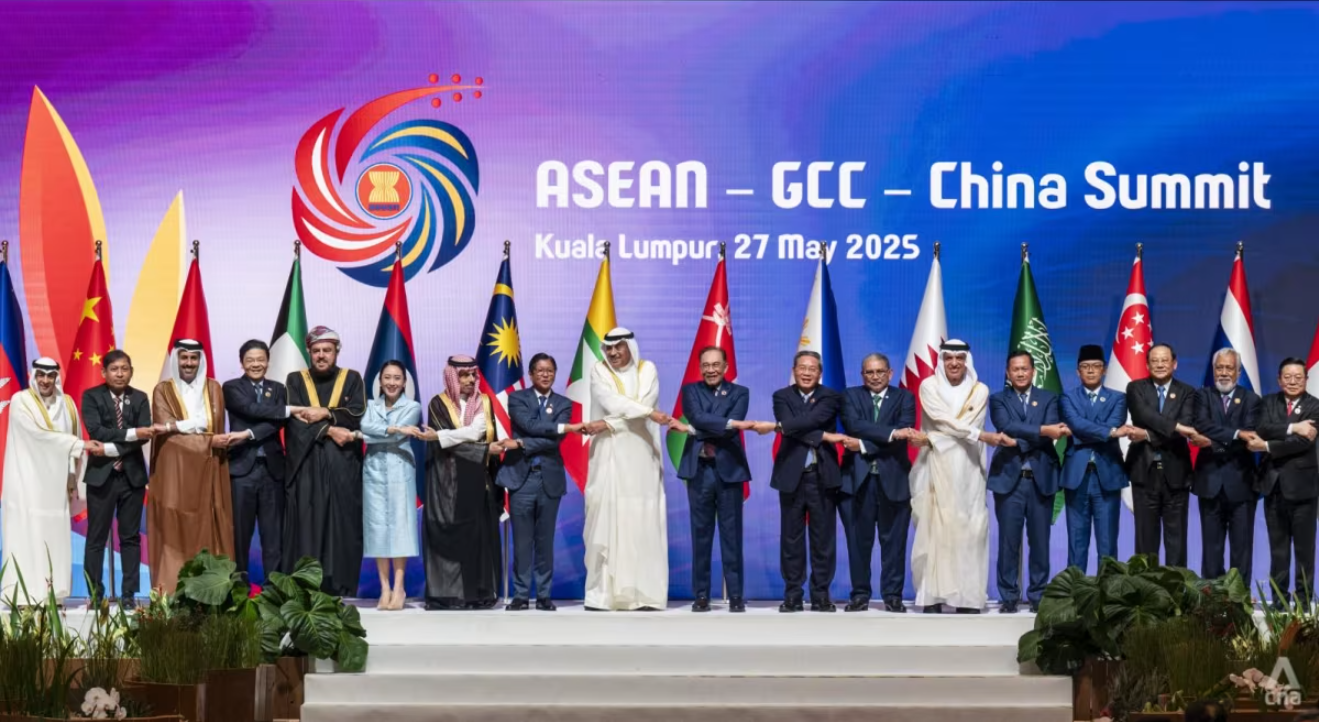
Sujit Kumar Datta, Former Chairman of Department of International Relations, University of Chittagong, Bangladesh
Jun 06, 2025
Regional trade alliances and economic integration — especially the one emerging between China, ASEAN and countries in the Persian Gulf — are offering stability for a global economy on the edge. The world’s poles are shifting to fill the gap left by an increasingly isolationist United States.
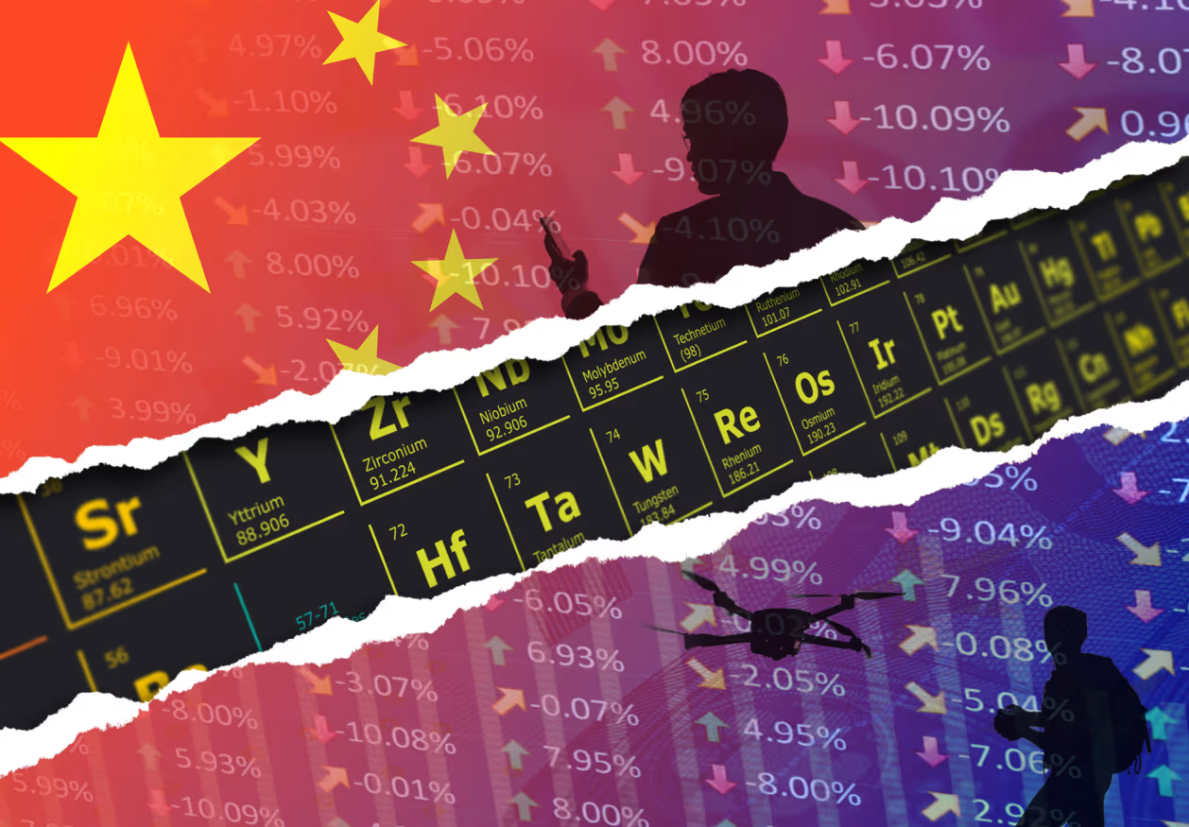
Christopher A. McNally, Professor of Political Economy, Chaminade University
Jun 05, 2025
America’s tariff agenda has taken global trade hostage to begin this year. While the strongman tactics employed by Trump’s administration are netting favorable results in some ways, China has been able to hold out from the pressure, showing flaws in America’s plan.
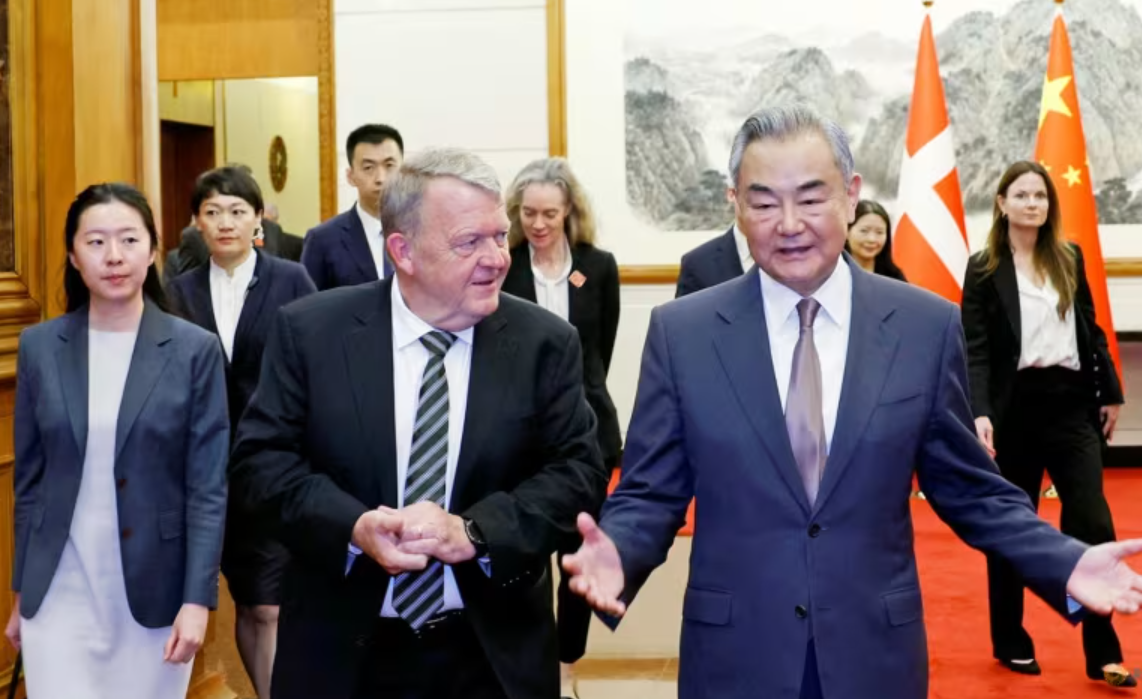
Sebastian Contin Trillo-Figueroa, Geopolitics Analyst in EU-Asia Relations and AsiaGlobal Fellow, The University of Hong Kong
Franz Jessen, Former EU Ambassador to the Philippines and Vietnam; EU Deputy Head (Beijing); Economist and Diplomat in EU-Asia Relations
Jun 05, 2025
By drawing a parallel between U.S. interest in Greenland and its stance on Taiwan, China has mounted a carefully calibrated rhetorical response that highlights perceived inconsistencies in American positions on sovereignty, positions itself as a defender of international norms, and gently tests the cohesion of Western alliances.
Zhou Xiaoming, Former Deputy Permanent Representative of China’s Mission to the UN Office in Geneva
May 23, 2025
The deal will spell the end of WTO’s system of setting tariffs by consensus, which has been in operation since the inception of the world body in 1995. It will usher in a new era in which Washington alone will set tariff rates.
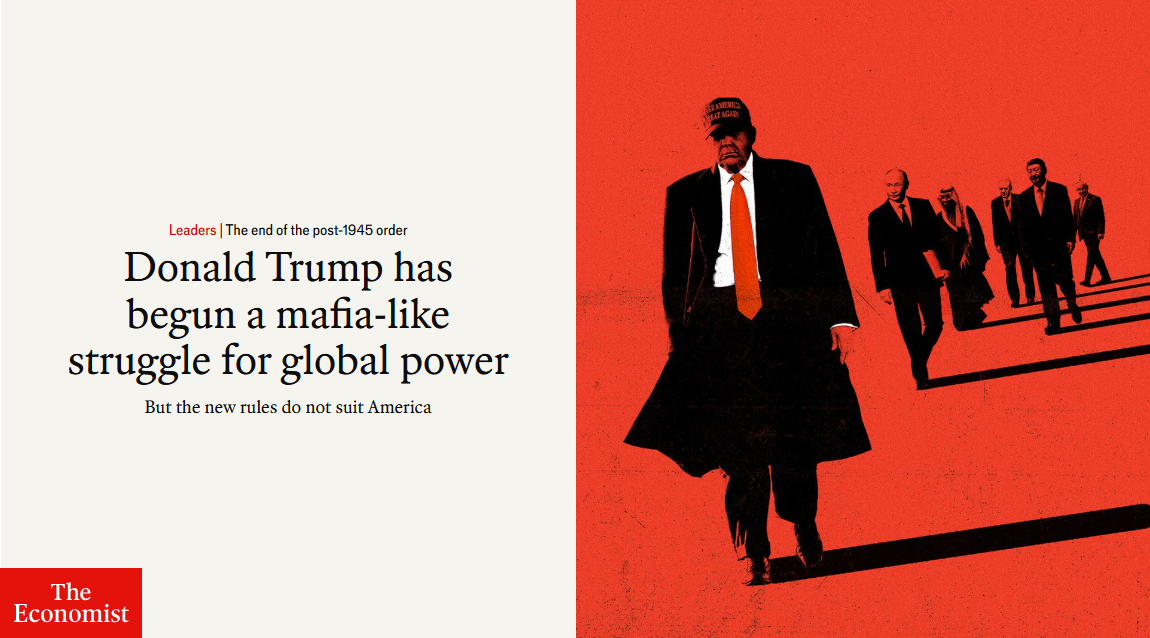
Ted Galen Carpenter, Senior Fellow, Randolph Bourne Institute
May 09, 2025
The U.S.-dominated international system is unraveling as major powers and Global South countries reject American pressure and assert their independence. Without a shift toward cooperation and respect for multipolarity, the U.S. risks becoming the target of a hostile global realignment rather than leading a stable new order.
Back to Top

- China-US Focus builds trust and understanding between the U.S. and China through open dialogue among thought leaders.
- Our Offerings
- Topics
- Videos
- Podcasts
- Columnists
- Research Reports
- Focus Digest
- Stay Connected
-
Thanks for signing up!
- Get the latest stories from China-US Focus weekly.